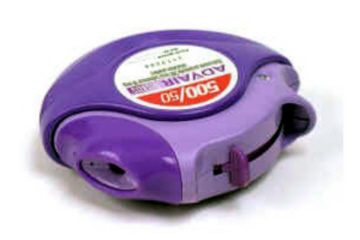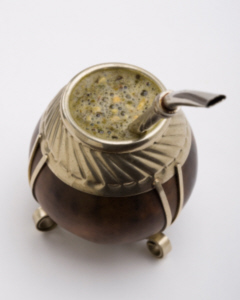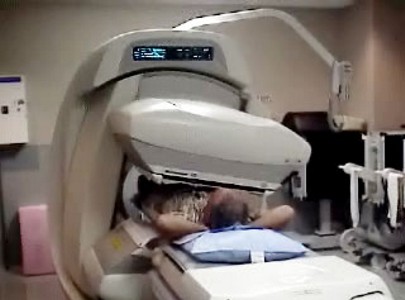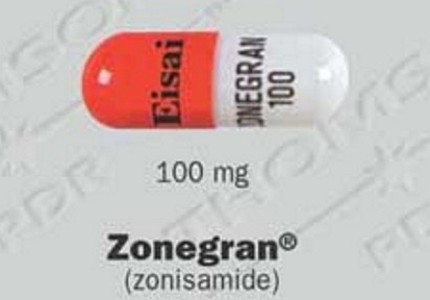.gif) VIARTIS
|
||||||||||||
|
PARKINSON'S DISEASE |
||||||||||||
|
|
||||||||||||
|
|
PARKINSON'S DISEASE NEWS
|
|
||||||||||
|
JULY 2015
25th July 2015 - New research DIABETIC DRUG REDUCES THE RISK OF PARKINSON'S DISEASE
Glitazones, which are diabetic drugs, have been found to be associated with a 28% reduction in the risk of developing Parkinson's Disease. Glitazones are peroxisome proliferation activated receptor gamma agonists. For more information go to : Glitazones
Another diabetic drug, Exenatide was previously found to improve Parkinson's Disease. As with Glitazones, the authors did not suggest how this diabetes drug can have effect in Parkinson's Disease. For more information go to : Exenatide Reference : PLoS Medicine [2015] 12(7) : e1001854 (R.Brauer, K.Bhaskaran, N.Chaturvedi, D.T.Dexter, L.Smeeth, I.Douglas) Complete abstract In order to refer to this article on its own click here
18th July 2015 - New research DRY POWDER INHALER FOR PARKINSON'S DISEASE
A dry powder inhaler has been found to be a viable means of administering L-dopa. Because of its rapid onset of action, pulmonary administration of L-dopa is a possible alternative to the oral administration of L-dopa in Parkinson's Disease patients in an off period. Its means of administration could enable a very quick therapeutic effect. Researchers studied the ability of people with Parkinson's Disease to operate a dry powder inhaler (DPI) correctly during an off period.
An L-dopa inhaler using L-dopa in liquid form instead of a dry form, that takes only 10 minutes to start having effect, is already undergoing clinical trials in Parkinson's Disease. For more information go to : L-dopa inhaler Reference : PLoS One [2015] 10 (7) : e0132714 (M.Luinstra, A.W.Rutgers, H.Dijkstra, F. Grasmeijer, P.Hagedoorn, J.M.Vogelzang, H.W.Frijlink, A.H.de Boer) Complete abstract In order to refer to this article on its own click here
14th July 2015 - New research YERBA MATE REDUCES THE LIKELIHOOD OF PARKINSON'S DISEASE
Yerba Mate has been found to reduce the likelihood of Parkinson's Disease by more than a third. Yerba Mate is a very common beverage in some countries of South America. It is a herb, that is dried and chopped, before pouring hot water over it to make a drink. For more information go to : Yerba Mate
Although the researchers detail the reduced likelihood of Parkinson's Disease because of drinking yerba mate, the reduced likelihood of Parkinson's Disease is even greater when drinking tea, and even more so when drinking coffee. The effect appears to be directly related to the caffeine intake. Caffeine is a naturally occurring adenosine antagonist. The Adenosine antagonist drugs Tozadenant, Preladenant, and Istradefylline are presently being assessed for their use in the treatment of Parkinson's Disease. Reference : Journal of Neurological Science [2015] Jun 24 [Epub ahead of print] (E.M.Gatto, C.Melcon, V.L.Parisi, L.Bartoloni, C.D.Gonzalez) Complete abstract In order to refer to this article on its own click here
10th July 2015 - New research COMBINED METHODS OF DIAGNOSING PARKINSON'S DISEASE
The method of diagnosing Parkinson's Disease using DATSCAN has been found to
be more accurate when combined with the additional use of olfactory testing
(using B-SIT, which involves a smell identification test). DATSCAN is used
in the SPECT scan.
However, the combined use of DaTSCAN and B-SIT (olfactory testing) led to a higher rate of correctly diagnosed Parkinson's Disease, thereby suggesting their combined use instead of using a SPECT scan alone. Reference : Journal of Neurology [2015] Jun 30 [Epub ahead of print] (C.Georgiopoulos, A. Davidsson, M.Engstr�m, E.M.Larsson, H.Zachrisson, N.Dizdar) Complete abstract In order to refer to this article on its own click here
5th July 2015 - New research ARTISTS HAVE A GREATLY REDUCED RISK OF PARKINSON'S DISEASE
Artists have been found to have a greatly reduced risk of Parkinson's
Disease that is way below that known for any other occupation.
Reference : Journal of Neurology [2015] Jul 3 [Epub ahead of print] (C.A.Haaxma, G.F. Borm, D.van der Linden, A.C.Kappelle, B.R.Bloem) Complete abstract In order to refer to this article on its own click here
2nd July 2015 - New research ANTI-EPILEPTIC IMPROVES WEARING-OFF IN PARKINSON'S DISEASE
Zonisamide, despite being an anti-epileptic, reduced "off" time in Parkinson's Disease during clinical trials. Zonisamide is presently being assessed for use in the treatment of Parkinson's Disease. Zonisamide activates dopamine biosynthesis by increasing the level of mRNA of tyrosine hydroxylase, which is the enzyme responsible for dopamine formation. For more information on zonisamide go to : Zonisamide
The study provides evidence that confirms the efficacy of zonisamide 50 mg
per day for reduction in "off" time in people with Parkinson's Disease with
wearing-off phenomena.
|
||||||||||||
.gif) |
||||||||||||
| �2006-2015 Viartis | ||||||||||||
| [email protected] | ||||||||||||



 A
reduced risk of Par
A
reduced risk of Par A
reduced risk of Parkinson's Disease was found for men with an artistic
occupation late in life that was only 14% of normal. However, being an
artist as a first occupation made the likelihood of developing Parkinson's
Disease far more likely than that but at 72% still less likely than normal.
Conventional occupations showed no increased likelihood of Parkinson's
Disease apart from farming, in which Parkinson's Disease was 2.7 times more
likely, most probably because of pesticide use.
A
reduced risk of Parkinson's Disease was found for men with an artistic
occupation late in life that was only 14% of normal. However, being an
artist as a first occupation made the likelihood of developing Parkinson's
Disease far more likely than that but at 72% still less likely than normal.
Conventional occupations showed no increased likelihood of Parkinson's
Disease apart from farming, in which Parkinson's Disease was 2.7 times more
likely, most probably because of pesticide use. 